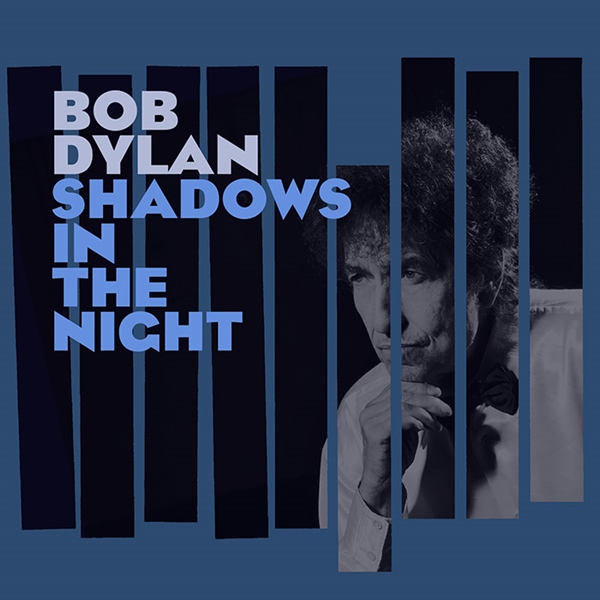'via Blog this'
This bit of sour grapes is unseemly and written in what can only be called a snit fit. The result are grandiose claims that are supported only fairly pedestrian and hastily stated opinions. Kois operates from the assumption that "Boyhood" is a masterpiece, certified, no questions asked. It's not a masterpiece, as it lags and lumbers and and is at times near narcoleptic torpor as it goes on and on to create a saga about the small things that otherwise ordinary citizens confront over a period of time. It is, or course, daring, at times engaging, but never enthralling, in my view. It is an admirable piece of work, but awards should not be awarded merely because film makers were adventurous; the point of the Oscars , we are told, is to celebrate and make note of the best of what was written, filmed, acted, directed, scored, edited from the previous year. Movies that achieved their ambitions. "Apocalypse Now" was an absolute mess of a film, a beautiful mess in many ways, but a train wreck for coherence and sequencing. It was a horribly botched narrative, a string of grand standing scenes. I've watched it many times over the intervening years and enjoyed it, but over time I think the Academy used good judgement in denying it a Best Picture Oscar. I think it suffices to say that the film makers of 'Birdman" had solid ideas of their concept and created the means with which the layered meta-narrative can be brought to the screen. There is a control of the material and an elegant, innovative execution of ideas that "Boyhood" did not have, and "Apocalpyse Now" as well. What we had last night was that rare Oscar instance, the rewarding of high quality work. Kois can disagree with the decision, but using his platform to claim that this was the worst decision in the last twenty years of Oscar ceremonies just makes him sound hysterical, silly, trivial in his insight. This gives me no reason to read him again. As a public service, I reprint my initial review of "Birdman" below (also, I am too lazy to write about this film again).
This film is a about as meta-textual as it gets, concerning a actor named Riggan who, best known for portraying the cartoon super hero Birdman in three live action films, is attempting a comeback on broadway with a stage adaptation of a collection of Raymond Carver short stories, 'What We Talk About When We Talk About Love".
The first inside joke, of course, is that star Michael Keaton was the first Batman in two Tim Burton versions of the DC icon, who had the oft circulated take away line "I'm Batman" when the Dark Knight introduces himself to the Gotham crime element. Keaton's character in this new film has a mind that is subdivided with conflict, a string of unresolved issues that force him to hallucinate greatly, not the least of which is a voice that rasps only to him "YOU'RE BIRDMAN", and which harshly chastises him for abandoning the super hero for the delusion that he could become part of the New York arts crowd.
That's all a bunch of shit, the voice insists, and intrudes on the actor's private moments with more berating and demands that he give up this Broadway charade and reclaim his one true calling , the man who is the definitive Birdman. The film, though, is quite a bit more than that, as it brings around a provocative stream of old associations, like an estranged daughter, an estranged daughter he's only recently reconciled with (if imperfectly), acting rivals , all of whom , between hallucinations, have wonderfully nuanced confrontations with Riggan and with each other on the irony latent in the countless attempts we make to rid ourselves of masks and present our true selves to things that matter most , such as marriage, rearing children, authentically gratifying work, only to realize that even the true self presented as evidence of no disguise is itself a mask, a disguise.
The conflicted Riggan is jerked about emotionally and has several instances where the hallucinations, the warring desires, take over and the film is transformed into yet another space, a surreal terrain of tall buildings, floating, spectacles that then dissipate as the conflicted hero emerges from his melodrama and attempts to finish what he's begun, the afore said adaptation for the screen. A fine cast of characters abound here, and a superlative roster of actors to bring their quirks and vulnerabilities to the screen; Edward Norton, Emma Stone, Naomi Watts are sublime and each of them have solidly written, deftly directed roles.


